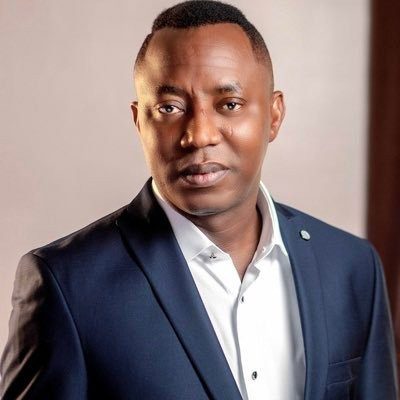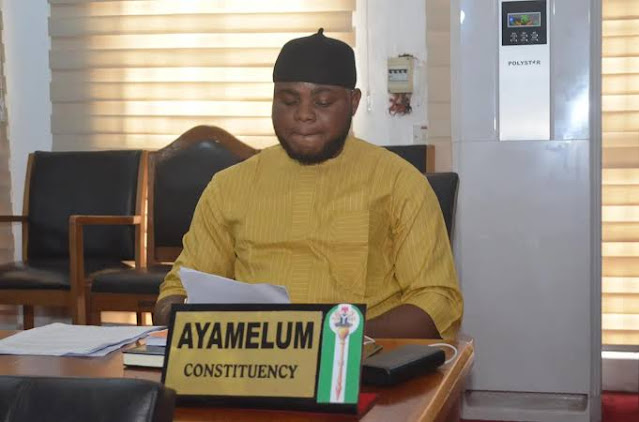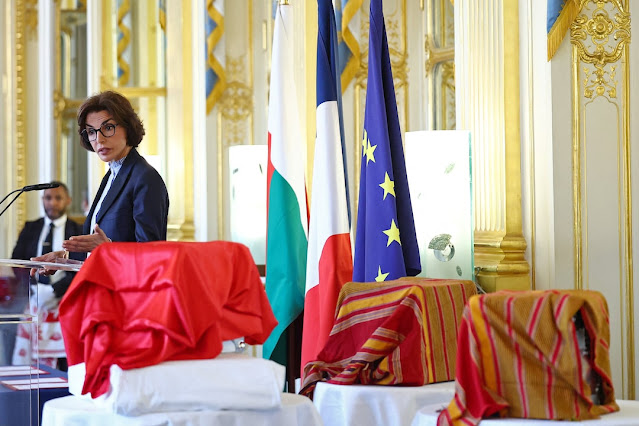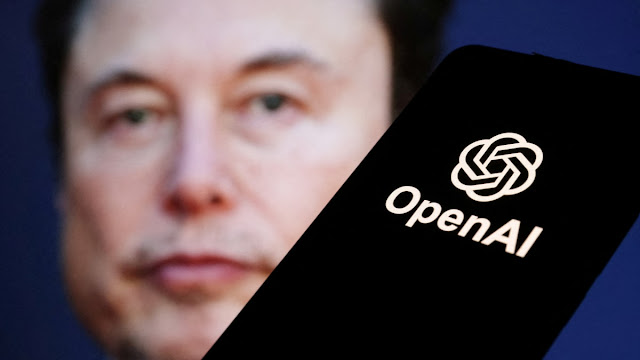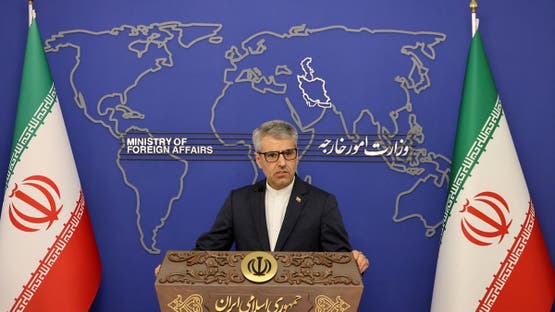Abuja, Nigeria – In a significant development in the ongoing investigation into alleged financial irregularities, the Federal High Court in Abuja has issued a directive compelling six major banks to provide detailed account information and transaction records linked to Omoyele Sowore, the publisher of Sahara Reporters and a prominent political activist. The ruling, delivered on Tuesday, August 26, 2025, by Justice Emeka Nwite, marks a critical escalation in the scrutiny of Sowore’s financial activities, which authorities claim are tied to allegations of terrorism financing, money laundering, and fraudulent activities.
The court’s decision followed an ex-parte motion filed by Wisdom Madaki, counsel to the Inspector-General of Police (IGP), seeking access to Sowore’s financial records from January 2024 to the present. Justice Nwite, in his ruling, described the application as “meritorious” and granted the prayers as requested, paving the way for law enforcement to delve into no fewer than 26 accounts associated with Sowore, his media outlet, Sahara Reporters Media Foundation, and his political party, the African Action Congress (AAC).
Background of the Case
Omoyele Sowore, a well-known figure in Nigeria’s socio-political landscape, has long been a polarizing figure due to his investigative journalism through Sahara Reporters and his vocal criticism of government policies. As the founder of the online news platform, Sowore has exposed alleged corruption and malfeasance within Nigeria’s political and economic spheres, often drawing the ire of powerful figures. His activism extends to his leadership of the AAC, a political party that has positioned itself as a voice for revolutionary change in Nigeria.
The current investigation, however, centers on Sowore’s financial dealings, with the Nigeria Police Force alleging that his accounts may have been used to facilitate illicit activities. According to affidavits submitted by the IGP’s counsel, intelligence reports suggest that Sowore’s accounts, including those linked to Sahara Reporters and the AAC, have been involved in suspicious transactions, potentially involving terrorism financing and foreign funding. These allegations have raised questions about the sources and uses of funds flowing through Sowore’s accounts, prompting the IGP to seek court approval to access detailed financial records.
Court’s Ruling and Bank Directives
Justice Emeka Nwite’s ruling on Tuesday was unequivocal, granting the IGP’s request to obtain comprehensive financial records from six financial institutions: United Bank for Africa (UBA), Guaranty Trust Bank (GTB), Zenith Bank, Opay Digital Services, Moniepoint, and Kuda Microfinance Bank. The court ordered these banks to provide the following documents for all accounts linked to Sowore, Sahara Reporters Media Foundation, and the AAC:
Account opening details: Full documentation related to the creation and management of the accounts.
Mandate cards: Records identifying authorized signatories and account operators.
Certified statements of account: Detailed records of all inflows and outflows from January 2024 to the present.
The court’s directive is seen as a significant step in enabling investigators to trace the flow of funds and identify any patterns that may substantiate the allegations of terrorism financing, money laundering, or fraud. The inclusion of both traditional banks (UBA, GTB, Zenith) and digital financial platforms (Opay, Moniepoint, Kuda) underscores the breadth of the investigation, reflecting the diverse financial ecosystem Sowore and his organizations operate within.
Allegations Against Sowore
The allegations leveled against Sowore are serious and multifaceted, encompassing terrorism financing, money laundering, and fraudulent activities. According to the police, intelligence reports indicate that Sowore’s accounts have been used to receive funds from foreign sources, some of which are allegedly linked to activities that threaten national security. The police further claim that transactions involving Sahara Reporters Media Foundation and the AAC raise red flags due to their volume, frequency, and sources.
While the specific details of the allegations remain under wraps, the IGP’s affidavits suggest that the investigation is part of a broader effort to curb financial crimes and ensure accountability in the handling of funds by high-profile individuals and organizations. The police have argued that access to Sowore’s financial records is essential to determining whether his accounts were used for legitimate purposes or to facilitate illicit activities.
Sowore’s legal team has yet to publicly respond to the court’s ruling, but the activist has previously denied similar allegations, framing them as attempts by the government to silence dissent and suppress investigative journalism. In past statements, Sowore has accused Nigerian authorities of targeting him due to his criticism of government policies and his role in exposing corruption.
Implications for Sowore and Sahara Reporters
The court’s order has far-reaching implications for Sowore, his media platform, and his political party. Sahara Reporters, which has built a reputation for its fearless reporting on corruption and governance issues, relies heavily on funding to sustain its operations. Any findings of financial impropriety could severely damage the outlet’s credibility and hinder its ability to function as a watchdog in Nigeria’s media landscape.
Similarly, the AAC, which Sowore founded to challenge Nigeria’s entrenched political class, could face significant setbacks if the investigation uncovers evidence of wrongdoing. The party, which has struggled to gain widespread traction in Nigeria’s competitive political arena, may find its reputation further tarnished by the allegations.
For Sowore himself, the investigation represents a continuation of his long-standing battles with Nigerian authorities. Over the years, he has faced multiple arrests, detentions, and legal challenges, many of which he has attributed to his activism and journalism. The current probe into his financial dealings could escalate these tensions, potentially leading to further legal action or restrictions on his activities.
Broader Context: Financial Oversight and Political Activism in Nigeria
The court’s ruling comes at a time when Nigeria is grappling with complex challenges related to financial oversight, national security, and political dissent. The country has faced growing concerns about terrorism financing, particularly in light of ongoing insurgencies in the northeast and banditry in other regions. Authorities have increasingly focused on tracking illicit financial flows, with agencies like the Economic and Financial Crimes Commission (EFCC) and the Nigeria Financial Intelligence Unit (NFIU) playing prominent roles.
However, the targeting of individuals like Sowore has raised concerns among civil society groups and human rights advocates, who argue that such investigations are often used to intimidate critics and suppress free speech. Sowore’s case is not an isolated one; other activists, journalists, and opposition figures have faced similar scrutiny, prompting debates about the balance between national security and individual liberties.
The inclusion of digital financial platforms in the court’s order also highlights the evolving nature of financial investigations in Nigeria. With the rise of fintech companies like Opay, Moniepoint, and Kuda, authorities are increasingly focusing on non-traditional banking channels, which are often used for their convenience and accessibility. This development underscores the need for robust regulatory frameworks to address potential vulnerabilities in the financial system.
Reactions and Next Steps
As of the time of this report, neither Sowore nor his legal representatives have issued an official statement regarding the court’s ruling. However, given his history of public engagement, it is likely that Sowore will address the allegations in the coming days, either through Sahara Reporters or his social media platforms.
The banks named in the court order are expected to comply promptly, as failure to do so could result in legal consequences. Once the financial records are provided, investigators will likely analyze the data to identify any irregularities or patterns that support the allegations. The outcome of this analysis could determine whether formal charges are filed against Sowore or his organizations.
Civil society groups and media watchdogs are expected to closely monitor the case, given its implications for press freedom and political activism in Nigeria. International organizations, including those focused on human rights and media freedom, may also weigh in, particularly if the investigation is perceived as an attempt to target Sowore for his journalistic and political activities.
Conclusion
The Federal High Court’s order to release Omoyele Sowore’s financial records marks a pivotal moment in the ongoing investigation into his activities. With six banks directed to provide detailed account information, authorities are poised to intensify their scrutiny of Sowore’s financial dealings, which they allege may involve terrorism financing, money laundering, and fraud. The case has sparked debates about the intersection of financial oversight, national security, and individual rights, with significant implications for Sowore, Sahara Reporters, and the broader landscape of political activism in Nigeria.
As the investigation unfolds, all eyes will be on the Nigeria Police Force and the courts to see how the allegations are substantiated and whether Sowore’s claims of targeted persecution hold water. For now, the court’s ruling represents a critical juncture in a case that could reshape the dynamics of investigative journalism and political dissent in Nigeria.


